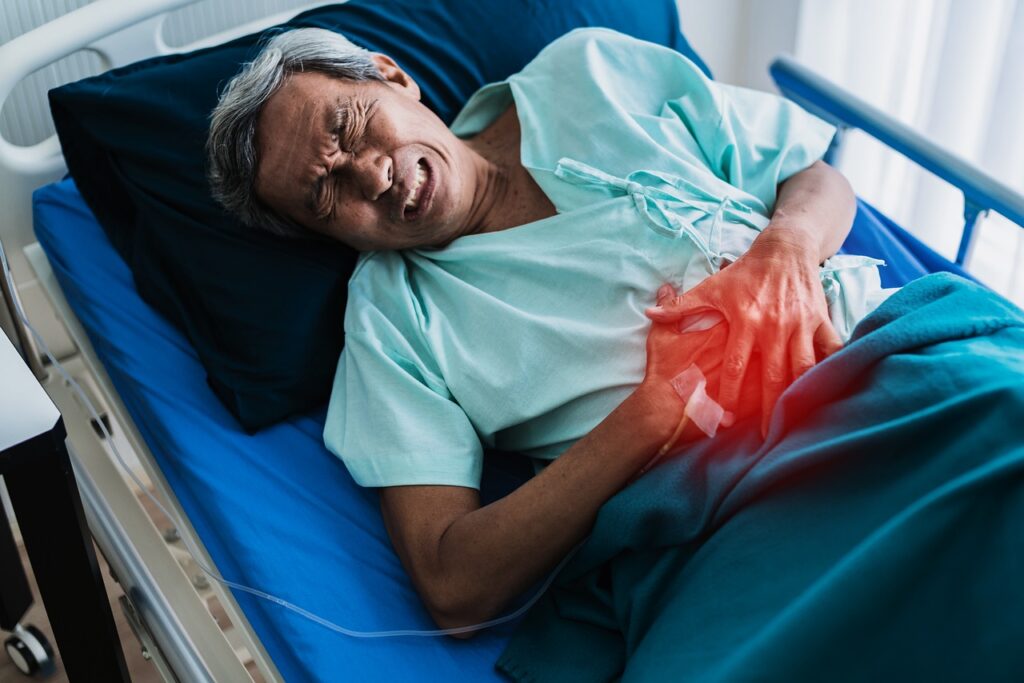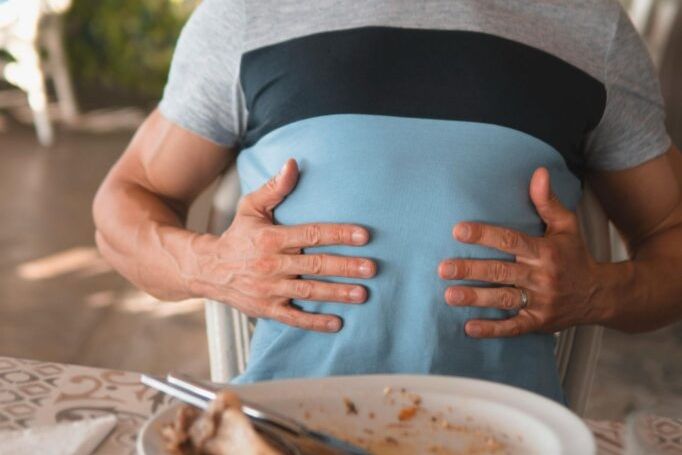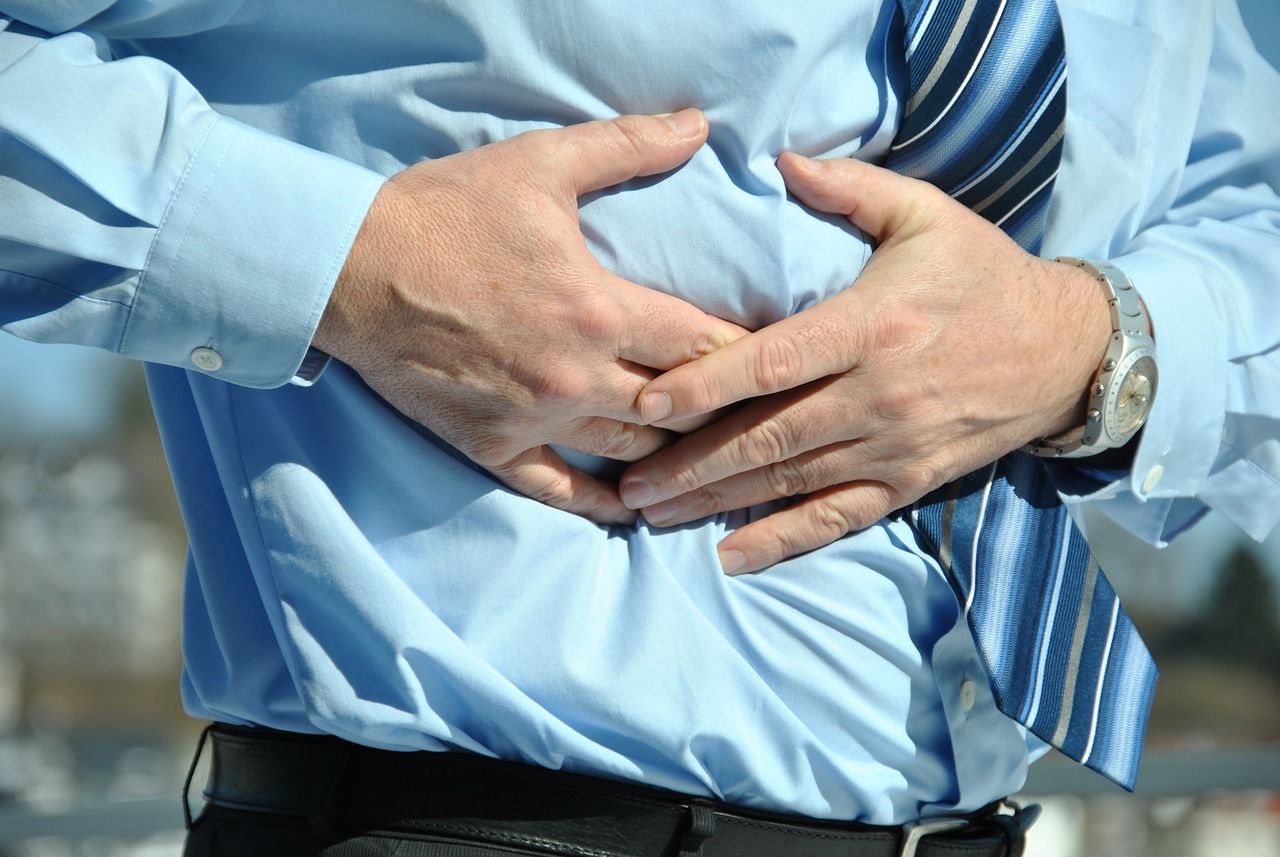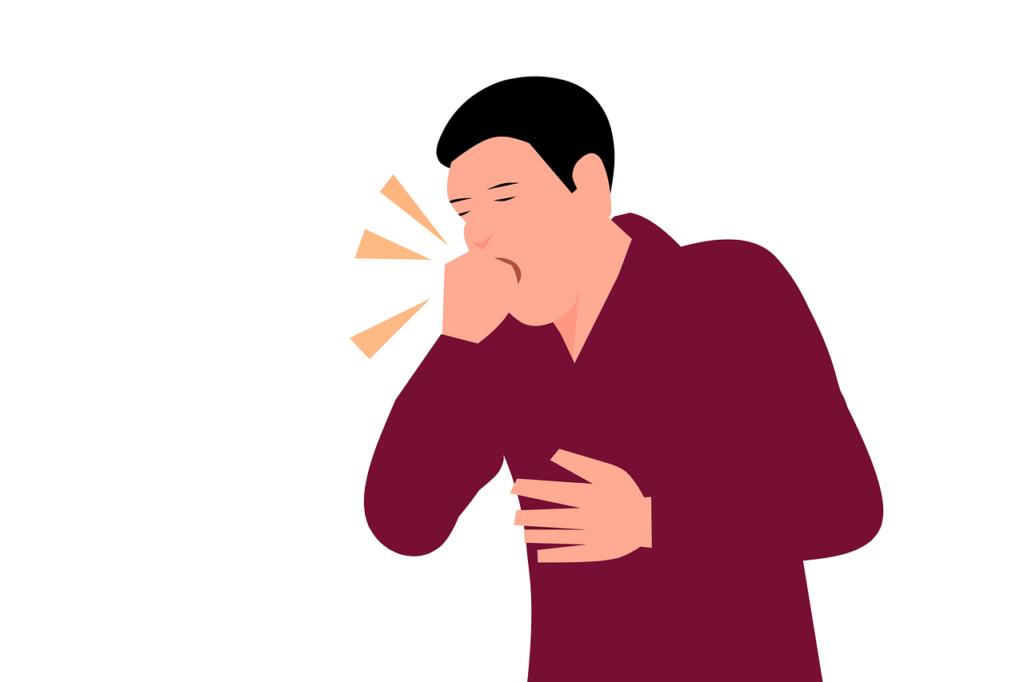Stomach pain has many causes, from gas and bloating to serious issues like infections. Noting the pain’s location and severity helps identify the problem.
Most stomach pains go away quickly with rest or diet changes. But some last longer or become dangerous, needing a doctor’s help.
Types of Stomach Pain


- Acute stomach pain – Lasts up to 1 week.
- Chronic stomach pain – Persists for at least 3 months.
- Progressive stomach pain – Gradually worsens over time, often with other symptoms.
- Recurrent stomach pain – Comes and goes; you may feel fine one moment but suddenly experience sharp pain.
Causes of Stomach Pain
Stomach pain can range from mild to severe and may affect different parts of the abdomen.
Common Causes of Stomach Pain


– Indigestion (dyspepsia)
– Gas and bloating
– Food intolerances (lactose, gluten)
– Acid reflux (GERD)
– Gastroenteritis (stomach flu)
– Food poisoning
– H. pylori bacterial infection
Severe Stomach Pain Causes:
– Appendicitis
– Kidney stones
– Gallstones
– Urinary Tract Infection (UTI)
– Infections like pneumonia
– Ruptured abdominal aortic aneurysm
– Stomach ulcers
– Intestinal blockage
– Acute pancreatitis
– Acute cholecystitis
– Diverticulitis
– Ectopic pregnancy
– Pulmonary embolism (blood clot in the lungs)
– Heart attack
Chronic Stomach Pain Causes:
– Stomach ulcers
– Irritable Bowel Syndrome (IBS)
– Inflammatory Bowel Disease (IBD) like Crohn’s disease and ulcerative colitis
– Hepatitis (liver inflammation)
– Gastritis
– Chronic pancreatitis
– Hernia
– GERD (Gastroesophageal Reflux Disease)
– Stomach, liver, or colon cancer
– Food intolerances (lactose, gluten)
– Reproductive organ pain
Stomach Pain in Women (Assigned Female at Birth):
– Menstrual cramps (dysmenorrhea)
– Ovarian cysts
– Miscarriage
– Fibroids
– Endometriosis
– Pelvic Inflammatory Disease (PID)
– Ectopic pregnancy


Pain Location & Possible Conditions
1. Lower left side: Diverticulitis, kidney stones, kidney infection, ovarian cyst, hernia, ectopic pregnancy.
2. Lower right side: Appendicitis, Crohn’s disease, testicular torsion (in men), ovarian cyst, hernia, endometriosis.
3. Upper left side: GERD, stomach ulcers, pancreatitis, enlarged spleen.
4. Upper right side: GERD, gallbladder disease, hepatitis, stomach ulcers.
When to See a Doctor
Mild stomach pain (like gas or bloating) often goes away on its own. However, seek medical help if you experience:
– Black, tarry, or bloody stools
– Chest pain
– Vomiting blood
– Persistent nausea/vomiting
– Difficulty urinating
– Breathing difficulties
– Long-term constipation/diarrhea/bloating
– Trouble eating
– Frequent or painful urination
– Fever
– Unusual vaginal discharge
– Loss of appetite
– Unexplained weight loss
– Stomach pain during pregnancy or breastfeeding
Diagnostic Tests
1. Blood tests: Infection (high WBC), liver/kidney function, pancreatitis (amylase/lipase).


2. Stool tests: Infections, blood (ulcers, IBD).
3. Urine tests: UTI, kidney stones.
4. Ultrasound: Gallstones, ovarian cysts, appendicitis.
5. CT scan: Detailed view (appendicitis, abscesses, tumors).
6. X-ray: Bowel obstruction, perforation.
7. Endoscopy: Stomach ulcers, GERD (via camera).
8. ECG Rule out heart attack (can mimic stomach pain).
9. H. pylori test: For ulcers.
When to Visit a Doctor?
Most mild pains improve in 1-2 days. But see a doctor if:
– Pain lasts over a week
– You’re losing weight without trying
– Blood in stool/vomit
– Pain wakes you up at night
Prevention Tips
– Eat smaller, more frequent meals
– Stay hydrated
– Manage stress levels
– Exercise regularly
– Avoid trigger foods
Drinking ginger tea or using a heating pad helps mild pain. Avoid spicy/oily food until you feel better.
FAQ Section


Q: How can I tell if my stomach pain is serious?
A: Watch for “red flag” symptoms like persistent vomiting, bloody stools, or pain that keeps you awake at night.
Q: What’s the difference between heartburn and stomach pain?
A: Heartburn typically causes a burning sensation in the chest, while stomach pain occurs lower in the abdomen.
Q: Can stress cause stomach pain?
A: Absolutely. Stress can trigger digestive issues like IBS or exacerbate existing conditions.
Conclusion:
Most stomach pain is harmless and gets better on its own. But if the pain is severe, lasts long, or comes with warning signs (like vomiting blood or high fever), see a doctor. Always listen to your body—if something feels wrong, get checked. Happy Life .
Note: (The information provided above is for general knowledge only. If you have any medical concerns, it is important to consult a qualified doctor.)


Dr. Augastina B.S.M.S., PGDY, is a passionate Siddha Doctor with a heart of gold. She believes in healing one step at a time. In her writing, you’ll find not just knowledge, but genuine care and a holistic approach to health and well-being.

